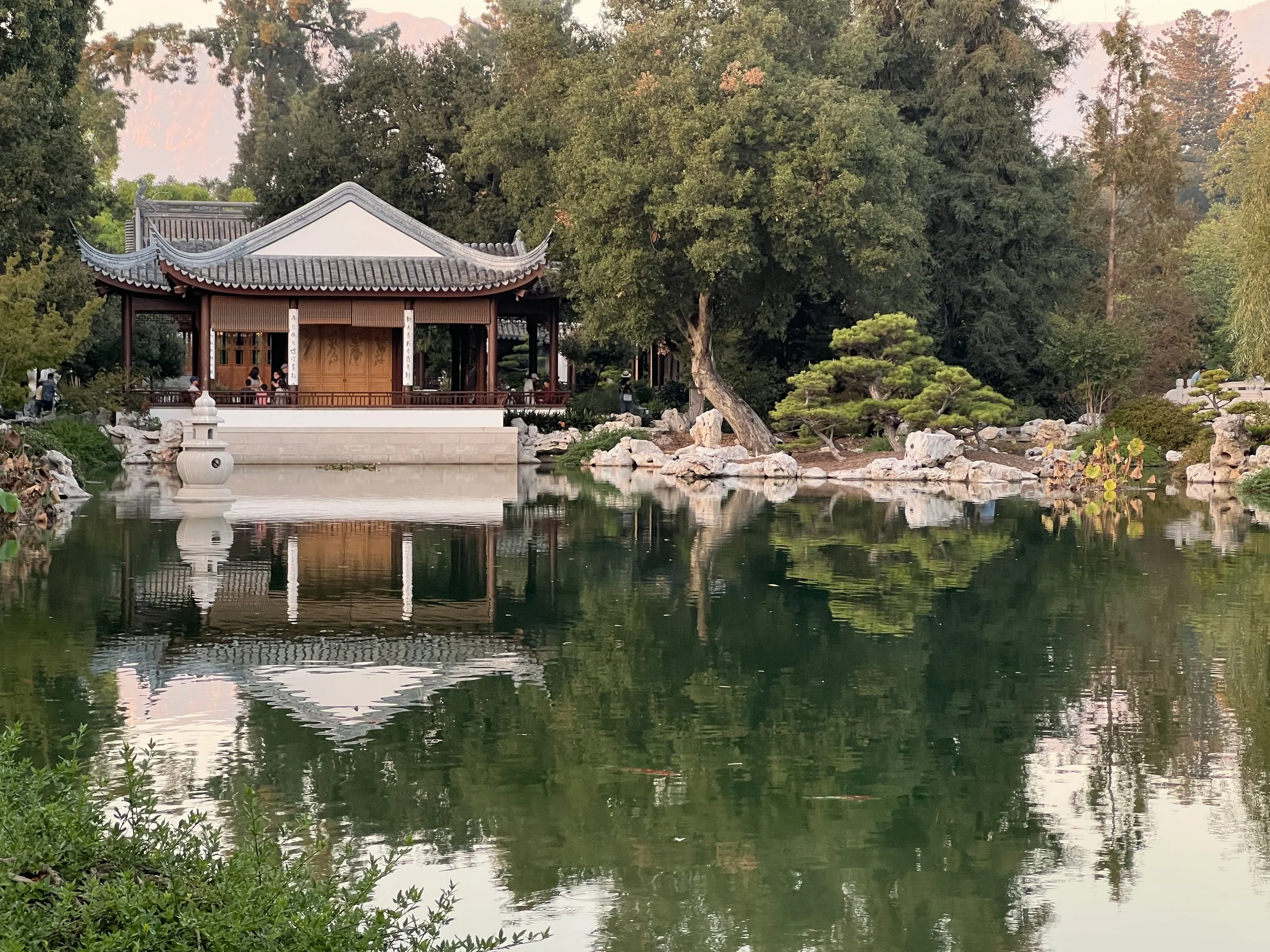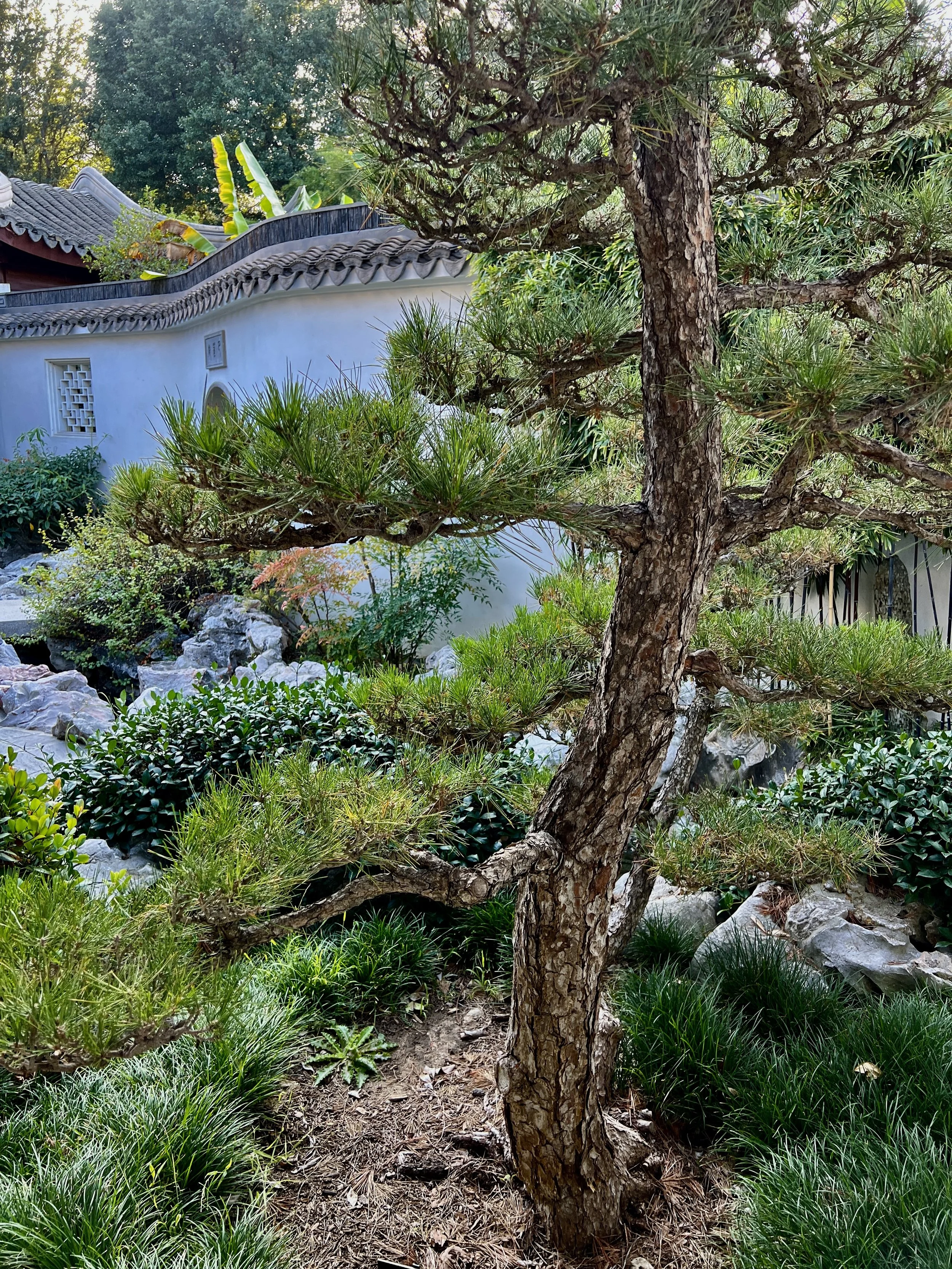Qi – The Life Force
Qi (pronounced “chee”) is a central concept in Chinese Taoist philosophy, often translated as “life force” or “vital energy.” It flows through the body, sustaining physical, mental, and spiritual health. Qi is the fundamental energy that makes up the universe and supports all life. Everything—humans, animals, plants, the earth, the Sun, the moon, wind, and water—contains Qi. Health arises when Qi flows smoothly; illness occurs when it is blocked or deficient.
Imagine yourself in a building filled with invisible electric wires inside the walls. You cannot see the electricity, yet your computer, lights, air conditioning, and sound system all rely on it. When the electricity flows, you can connect online, enjoy light and comfort, and listen to music. Qi functions in much the same way.
Through Taoist Light Qigong practice, sufficient Qi connects you to the Tao—the source of energy and the natural flow of the universe—allowing everything in your life to function with ease. Your mind becomes clear and bright, your body balanced and comfortable, and your senses sharpened. You often feel vibrant, joyous, and fully alive.
Qi is not just mystical energy; it is a practical concept that links body, mind, spirit, and nature. Cultivating Qi enhances health, mental clarity, and quality of life. Though subtle, Qi becomes increasingly perceptible with regular Qigong practice:
Physical sensations: warmth, tingling, expansion, lightness, or vibration in the body.
Mental/emotional clarity: calm, centered awareness and a sense of connection to your inner essence.
External Qi: Qigong practitioners often feel energy between their hands and others, sometimes as a magnetic pull or subtle back-and-forth movement.
Taoists have cultivated and refined Qi for thousands of years as a core part of spiritual, health, and healing practices. Its smooth flow is essential for longevity, vitality, and overall well-being. By balancing Qi, Taoists aim to prevent illness, heal the body, calm the mind, and extend lifespan, often integrating these practices into daily routines for decades. This approach emphasizes harmony between body, mind, and spirit, demonstrating that health and longevity arise from the careful cultivation and intelligent use of Qi every day.




